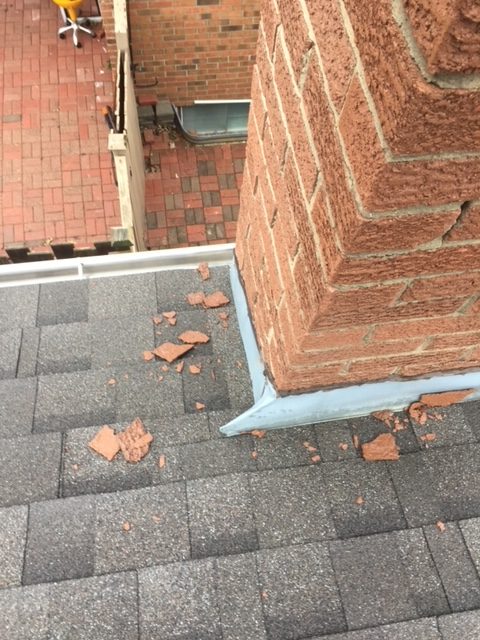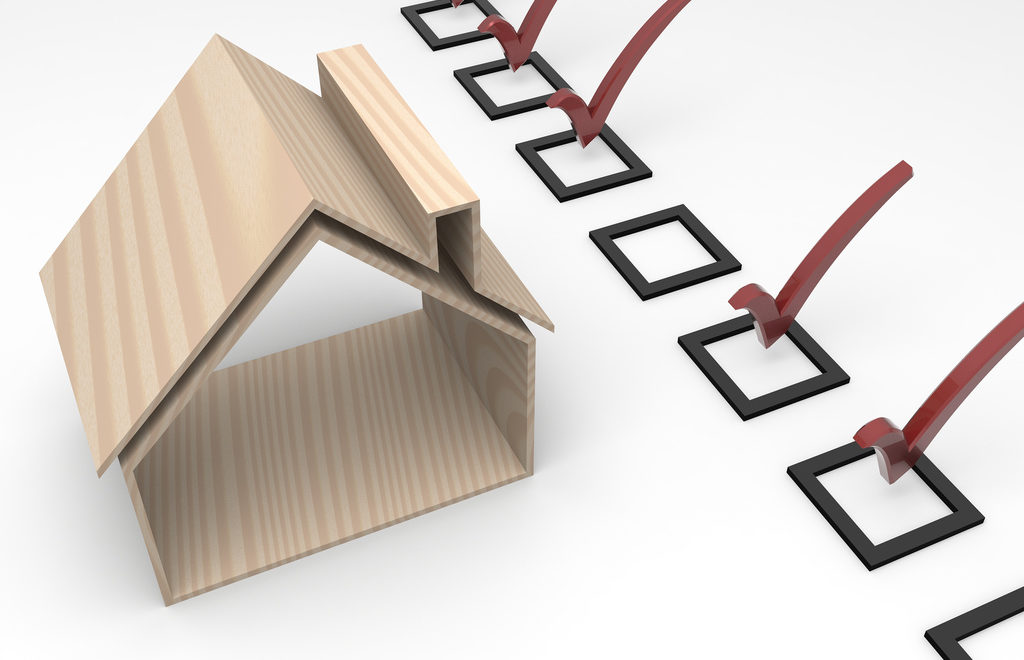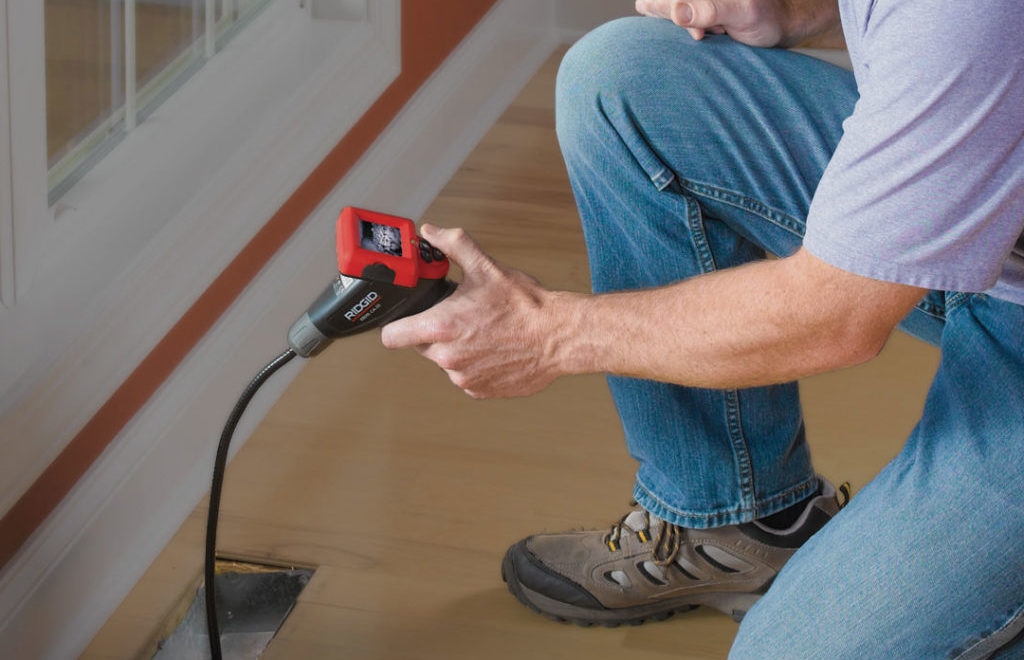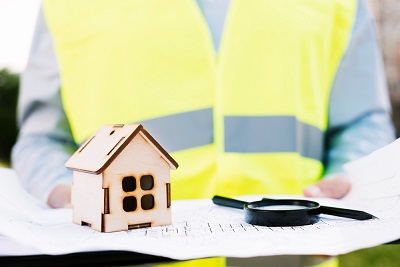How Home Inspections Can Save You Thousands in Unexpected Repairs
Purchasing a home is a major decision that can be perplexing as well as exciting. There’s a lot to think about, and one thing you shouldn’t skip is a home inspection. It might seem like an extra cost, but it can save you a lot of money in the long run.
In this blog, we will talk about why home inspections are so important, especially in Canada. We will look at how they can help you avoid costly surprises after you move in.
What Is a Home Inspection?
A home inspection is a detailed look at a house by a trained professional. They check everything, from the roof to the foundation. The inspector looks for problems that might not be obvious to the average person.
They check things like the electrical system, plumbing, and heating, and they also look for signs of water damage or structural issues.
In Canada, home inspections are especially important. From harsh winters to wet springs, Canadian homes face unique challenges because of the weather. A good inspector knows what to look for in Canadian homes.
The Cost of Skipping a Home Inspection
Some people think they can save money by skipping the home inspection. The cost of an inspection is small compared to what you might spend on unexpected repairs.
Imagine buying a house and then finding out it needs a new roof. You might have to pay tens of thousands of dollars for that. A home inspection might have caught that problem before you bought the house.
Here are some common issues that home inspections can uncover:
Roof Problems
In Canada, where we get lots of snow and ice, roof issues are common. An inspector can spot signs of roof damage that you might miss.
Foundation Issues
Foundation problems are serious and costly to fix. An inspector can see early signs of foundation trouble. This can save you from buying a house with major structural problems.
Electrical Problems
Old or faulty wiring is dangerous, and it can cause fires. An inspector checks the electrical system to make sure it’s safe and up to code.
Plumbing Issues
Leaky pipes or outdated plumbing can lead to big problems. Water damage is expensive to fix. A home inspection can find these issues early.
Heating and Cooling Systems
In Canada, a good heating system is crucial. Replacing a furnace is costly. An inspector will check if the heating and cooling systems are working well.
How Home Inspections Save You Money
A home inspection does more than just find problems. It gives you power when buying a house. Here’s how it can save you money:
Negotiating Power
If the inspection finds problems, you can ask the seller to fix them, or you can ask for a lower price. This can save you thousands of dollars.
Avoiding Unexpected Outcomes
Knowing about issues before you buy means you can plan for them. You won’t be hit with unexpected repair bills right after moving in.
Making an Informed Decision
Sometimes, a home inspection might show that a house has too many problems. It’s better to know this before you buy. You can walk away and find a better house.
Long-term Savings
Even if the house is in good shape, an inspection can show you what to watch out for. You can plan for future maintenance. Over time, this saves money.
Insurance Benefits
Some insurance companies offer better rates if you have had a recent home inspection. They know the house is less likely to have hidden problems.
Conclusion
A home inspection is a smart investment when buying a house in Canada. It can save you from costly surprises and give you mental calmness. The money you spend on an inspection is small compared to what you might save on repairs.











